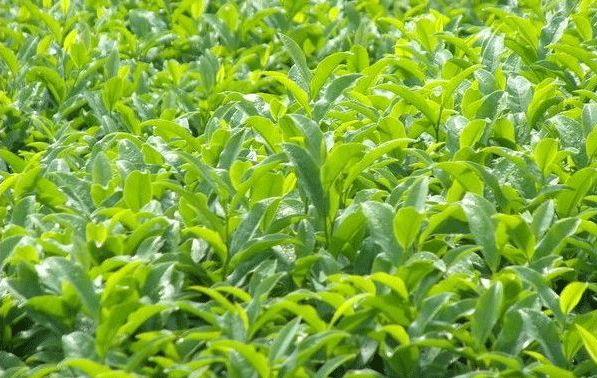
ส.ค. . 08, 2024 01:05 Back to list
Exploring Sustainable Agriculture Practices Through the Use of Bio-Based NPK Fertilizers for Enhanced Crop Growth
Bio NPK Sustainable Fertilization for Modern Agriculture
In the quest for sustainable agriculture, the importance of soil health cannot be overstated. One of the key approaches to enhance soil quality and boost crop yield is through the use of fertilizers, particularly bio NPK fertilizers. These fertilizers are gaining significant attention as a solution to meet the increasing food demands while minimizing environmental impact.
NPK stands for Nitrogen (N), Phosphorus (P), and Potassium (K), which are three essential nutrients that crops require for optimal growth and development. Nitrogen is crucial for leaf and stem development, phosphorus plays a vital role in energy transfer and root development, while potassium is essential for water regulation and overall plant health. Traditional chemical fertilizers provide these nutrients but often come with adverse effects such as soil degradation, waterway pollution, and greenhouse gas emissions.
.
One of the significant advantages of bio NPK fertilizers is their ability to enhance nutrient availability. The microorganisms present in these fertilizers help in the breakdown of organic matter, making nutrients more accessible to plants. This not only improves nutrient efficiency but also reduces the need for excessive application of chemical fertilizers. Moreover, bio NPK fertilizers can mitigate the risk of nutrient leaching into water bodies, thereby protecting the environment.
bio npk

In addition to nutrient supply, bio NPK fertilizers contribute to soil health by increasing organic matter content and improving soil structure. Healthy soil promotes better water retention, aeration, and root penetration, all of which are critical for robust plant development. This is particularly important in regions susceptible to drought or poor soil conditions. By enhancing soil health, bio NPK fertilizers can lead to increased crop resilience and productivity.
The impact of bio NPK fertilizers extends beyond agricultural productivity. Their use can promote biodiversity within the agricultural ecosystem. Chemical fertilizers often lead to imbalances in the soil microbiome, detrimental to beneficial organisms. In contrast, the application of bio NPK promotes a diverse population of soil microbes, fungi, and earthworms, creating a balanced ecosystem that supports healthy crop growth.
Furthermore, the adoption of bio NPK fertilizers aligns with the principles of organic farming and sustainable practices. Farmers looking to transition from conventional to organic farming can utilize bio NPK as a bridge toward achieving certification. These fertilizers not only meet the nutrient requirements of crops but also adhere to organic farming standards, contributing to a sustainable agricultural future.
Despite the clear benefits, the adoption of bio NPK fertilizers still faces challenges. Awareness and education about their efficacy and application methods are crucial for farmers. Additionally, the consistency in the quality of bio-fertilizers compared to chemical counterparts can raise concerns for some growers. However, as research continues and innovations in bio-fertilizer technology evolve, these challenges can be effectively addressed.
In conclusion, bio NPK fertilizers present a viable and sustainable alternative to traditional fertilizers in enhancing soil health and crop productivity. By integrating these organic solutions into modern agricultural practices, we can work towards a future where food security is achieved while preserving our planet's ecological balance. The shift to bio NPK is not just a trend; it is a necessary evolution in the way we approach farming in an increasingly uncertain world.
-
Premium 8 12 16 Fertilizer – High-Efficiency Compound & Granular NPK Supplier
NewsJun.10,2025
-
High Quality Agricultural Grade NPK Fertilizer Manufacturer & Supplier Reliable Factory Price
NewsJun.10,2025
-
Organic Fertilizer for Corn Boost Yield Sustainably
NewsJun.10,2025
-
Organic Fertilizer for New Plants Natural Growth Boost & Eco Nutrients
NewsJun.10,2025
-
Optimized Hydroponic NPK Fertilizer – Fast Growth & Nutrients
NewsJun.09,2025
-
Top-Rated NPK Fertilizer for Fruit Trees - Boost Growth & Yield
NewsJun.09,2025
